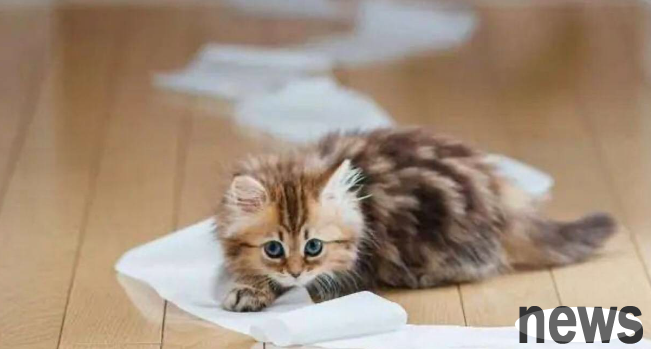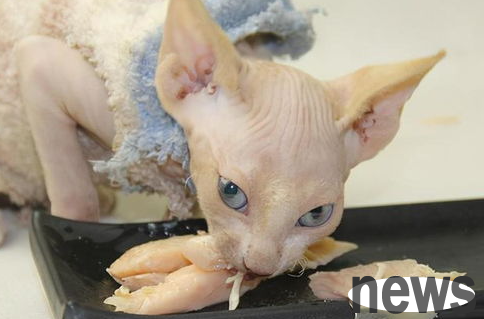Not all proteins are called high-quality proteins Strictly speaking, what cats need is high-quality animal protein, which must have the following two characteristics: 1) Containing a complete range of amino acids Amino acids are the basic units th...
Not all proteins are called high-quality proteins
Strictly speaking, what cats need is high-quality animal protein, which must have the following two characteristics:
1) Containing a complete range of amino acids
Amino acids are the basic units that make up proteins and can be divided into essential and non-essential amino acids. Among them, essential amino acids cannot be synthesized by the body and are mainly obtained from meat.

2) It is easy to digest and absorb high-quality protein, but it cannot be the only one. Is it enough to just give pet cats meat?
The eating habits of pet cats are different from those of wild cats. The latter eats not only protein when eating prey, but also the rich iron, trace elements, folic acid and undigested grains of prey, etc., which intake is relatively balanced.
If the pet owner asks the cat to consume excessive protein for a long time, excessive protein may be converted into fat, causing the cat to be obese. At the same time, a large amount of protein will increase the burden on the liver and kidneys during the decomposition process, which will not affect healthy cats, but it is harmful to cats who have already suffered from liver and kidney diseases or elderly cats.
It is recommended to focus on high-quality animal protein, supplemented by other important nutrient elements such as water, fatty acids and minerals.
Protein intake is different in age. The growth of cats can be divided into three stages, and the nutrition required is also different:
Infant (birth-12 months): the stage of laying the foundation, kittens need to consume a large amount of protein, fat and mineral trace elements to help them grow rapidly.

Cag® Canned Beef Mousse
Beef is a high-quality protein meat, rich in minerals and vitamins; the gel-like texture of the mousse is ideal for kittens who are lactation and transitioning to solid food.
Adult (1-6 years old): The growth rate of cats has slowed down and nutritional balance should be paid attention to. The owner should ensure that the food contains a certain proportion of animal meat and fruits and vegetables, and strictly control calorie intake to reduce the chance of gaining weight.
Kager® Canned Chicken Stewed with Wolf
In addition to the visible chicken, there are also chicken heads rich in cartilage and collagen, which helps cats maintain joint health; Wolf is rich in vitamins and essential minerals, and is matched with meat and vegetables, and has a balanced nutrition.
Elderly (over 7 years old): The digestive function of elderly cats has decreased, and they need easy-to-digest foods with high protein quality. In addition, they need to increase their intake of vitamin C and E to delay aging and enhance immunity.
Kag® chicken and canned pumpkin
chicken are high-protein and low-fat meats. Pumpkin is soft and glutinous and easy to eat, rich in food fiber, and can promote digestion.